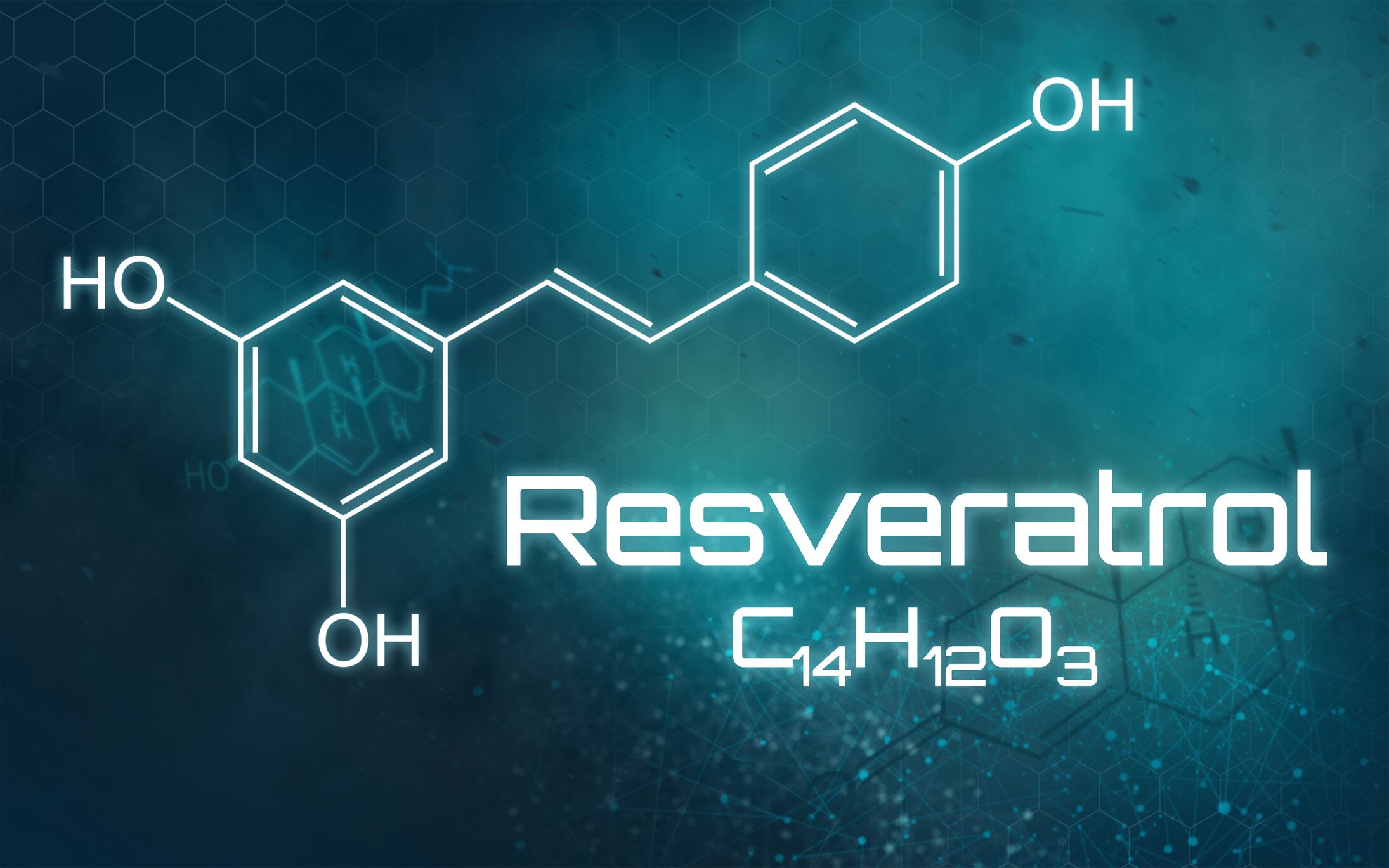Supplementation was found to prevent cholesterol accumulation, increases beneficial apolipoprotein (A-I) status, and regulates lipid metabolism in the liver that collectively reduce total cholesterol (TC), triglyceride (TG) and LDL-C levels implicated in CVD risk, explained researchers from China’s Southeast University.
Event manifestation was particularly marked with supplementation over 12 or more weeks in subjects with type 2 mellitus (T2DM). Positive results were also dose-dependent, they said.
“We found that a high dosage of resveratrol (500 mg/d) showed an opposite effect size, which is in line with the upward trend we observed in the dose-response plot wherever the dose is above 500 mg/d. Such a finding suggests that the dosage is a crucial factor in the resveratrol supplementation.”
Broad appeal
The study adds to the ever-growing body of science supporting potential health benefits of resveratrol, a powerful polyphenol and anti-fungal chemical often touted as the bioactive compound in grapes and red wine.
Interest in the polyphenol exploded in 2003 when research from Dr David Sinclair and his team from Harvard reported that resveratrol was able to increase the lifespan of yeast cells. The research, published in Nature, was greeted with international media fanfare and ignited flames of hope for an anti-aging pill.
According to Sinclair’s findings, resveratrol could activate a gene called sirtuin1 (Sirt1 – the yeast equivalent was Sir2), which is also activated during calorie restriction in various species, including monkeys.
A lot of research has focused on the compound’s potential cardiovascular benefits, given resveratrol’s association with the so-called 'French Paradox': The phrase was coined in 1992 by Dr Serge Renaud from Bordeaux University to describe the low incidence of heart disease and obesity among the French, despite their relatively high-fat diet and levels of wine consumption.
Given the evidence and current trend for nutraceutical solutions, researchers in China aimed to provide a comprehensive view of the regulation of lipids by resveratrol to inform future clinical policy.
Summary findings
A total of 17 articles were assessed to determine outcomes of resveratrol intake on TC, HDL-C, LDL-C, and TG levels. One of these was divided into two trials, where resveratrol was administered at a dosage of 100mg daily for 48 weeks followed by 200mg for a similar period. This means that overall, 17 trials and 18 data sets were including in the meta-analysis.
The authors observed that supplementation significantly reduced serum TC, LDL-C and TG, but HDL-C remained unchanged.
Duration had a significant impact on TC reductions and dosage was implicated in lower LDL-C, however reductions in TG were associated with neither parameter. HDL-C was unchanged following supplementation.
Dose-dependent response
A dose-response analysis found a non-linear relationship between the dosage of resveratrol and levels of LDL-C, which suggests the effect of resveratrol is dependent on the intervention dose.
The researchers noted that high dose resveratrol increased LDL-C, body weight and BMI, in contrast to the effects from lower dosage.
It was reported that the polyphenol had significant antiapoptotic and cardioprotective effects, however high doses (25 and 50mg/kg) suppressed cardiac functions, while lower dosage (5mg/day) was more effective at suppressing intestinal adenoma development than the higher dose (1g/day).
The authors commented that low-dose interventions were longer and, as such, the effects of dose and duration on blood lipid profile require further investigation.
Also of note, was the more pronounced effects of supplementation in reducing LDL-C in subjects with T2DM, without significant adverse effects.
Finally, since some subjects in the meta-analysis presented with T2DM, obesity, non-alcoholic fatty liver disease (NAFLD) or stroke, prescribed medication may have interfered with observed effects and should be elucidated with specific studies, the authors added.
Source: Nutrients
14(18), 3755; doi: 10.3390/nu14183755
“The Effect of Resveratrol on Blood Lipid Profile: A Dose-Response Meta-Analysis of Randomized Controlled Trials”
Authors: Xinyi Cao, Wang Liao, Hui Xia, Shaokang Wang and Guiju Sun

